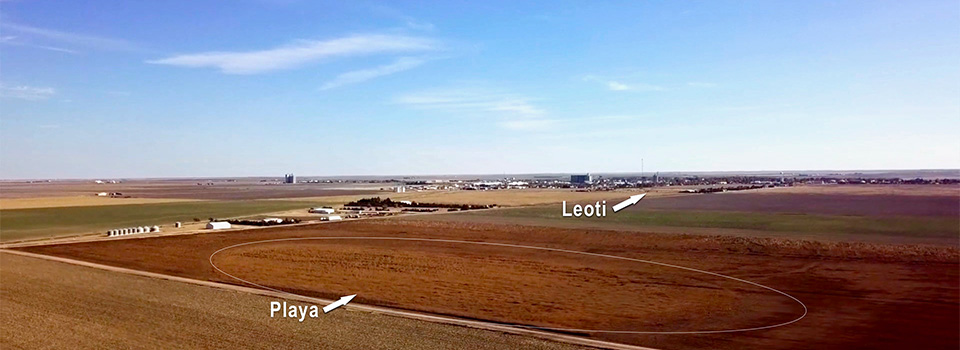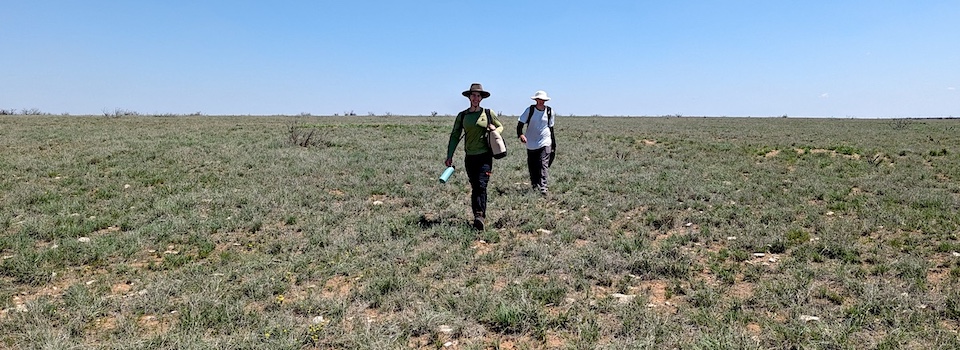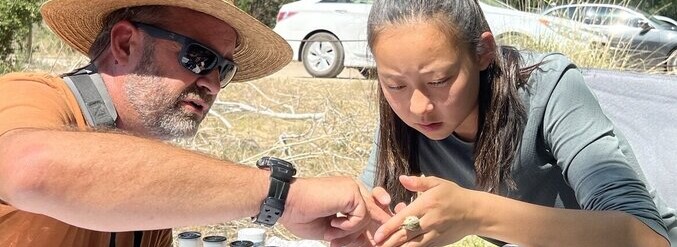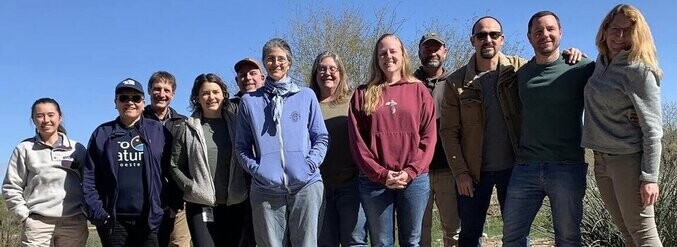A key aspect to successful conservation delivery is listening to the needs of partners and shaping strategy around those conversations. That is what Playa Lakes Joint Venture (PLJV) is doing with two recently funded projects that address declining aquifer levels in Kansas.
Groundwater Recharge and Sustainability Project
This past year, USDA Natural Resources Conservation Service (NRCS) announced it is investing $1.4 million in a partner-driven Groundwater Recharge and Sustainability Project (GRASP) to support Wichita and Greeley county communities through its Regional Conservation Partnership Program (RCPP). The project, which has an additional $1.5 million in partner contributions, will help landowners voluntarily restore playas near municipal and domestic wells, improve irrigation efficiency and reduce pumping, retire wells, and transition to dryland cropping systems.
“This RCPP is unique in that it brought together a diverse group of like-minded partners — conservation organizations and agencies, landowners and producers, county, community, and municipal authorities — who are all concerned over the decline of the Ogallala Aquifer,” said Bill Simshauser, Kansas Association of Conservation Districts executive board member. “We all know communities will not survive without water; and the way to ensure a viable water supply is through conservation.”
News of the RCPP has already spread throughout Wichita and Greeley Counties where multiple local news sources have published articles about the upcoming work. Community members and producers were also invited to participate in a survey, which is providing partners with information on how to most effectively communicate about the project.
Irrigation Water Management
NRCS is also supporting conservation efforts in western Kansas through a Collaborative Conservation Grant Agreement (CCGA) with Playa Lakes Joint Venture that is structured to recognize the needs of partners while still addressing priority conservation goals. The CCGA will help with technical capacity needs by filling two positions tasked with providing up-to-date information for producers whose objectives are to improve irrigation water management efficiencies and also includes the hiring of a community advocate whose role will be to bring the lessons learned by PLJV while developing the conservation model in Clovis, New Mexico and Leoti, Kansas to other towns interested in water conservation. This project is also one of collaboration, where all partner priorities and needs are considered and incorporated into a workable model.
Connecting People, Playas and the Ogallala
After several years of working with rural communities in New Mexico and Kansas to incorporate playa conservation into municipal water sustainability plans, PLJV branded the initiative to help export the model across the region. The new name and tagline — “Tomorrow’s Water: Connecting people, playas, and the Ogallala across generations” — was developed to engage local communities as well as decision makers at state and federal levels.
The branding can be seen in a new video, which was funded by Kansas Natural Resources Conservation Service and is part of the Playas Work for Kansas series. It features community members and partners who are involved in the Groundwater Recharge and Sustainability Project in Wichita and Greeley counties.






